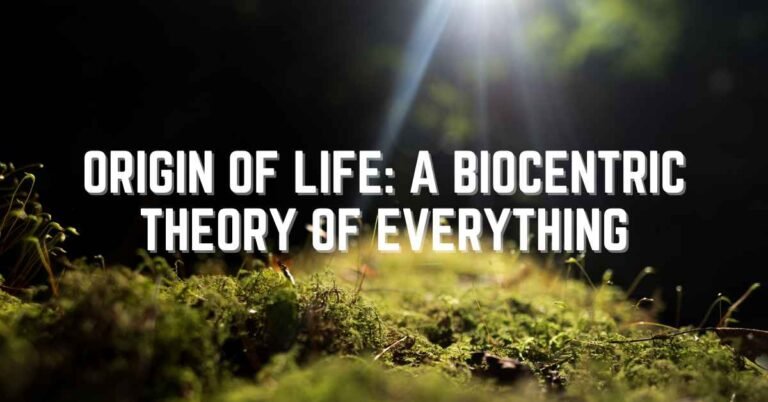The idea of a living universe has been discussed in a number of recent scientific studies, some of which are given in the “references” section below. Consider for a second that they are correct. What does this signify for the study of astrobiology and its viewpoint on the nature and origin of life ?
The Living Universe Hypothesis
Our capability to analyze nature depends on our ability to challenge it, which in turn depends on the technology available at any particular time. It also depends on the human mind, which is famously bad at absorbing holistic perspectives but good at breaking down complex subjects into manageable chunks. We tend to forget that isolating limits, classifications, and boxes are created by human constraints rather than by natural forces.
Challenges in Analyzing Nature
When initially intended to be only connecting pieces of a jigsaw, the boxes eventually grow to include the entire scene. These boxes influence and test how we formulate questions for science, how we construct mental models, how boldly we formulate hypotheses, and how we view the world. They impose arbitrary limits on the availability of solutions as well as the kind and extent of those solutions.
Breaking Down Boxes
This problem is best exemplified by the pursuit of the origin and nature of life. The ultimate thought experiment, we are completely submerged, like drops of water wondering about the ocean, trying to set our own boundaries when there may not be any. It’s possible that there are different definitions of drops, with the solution probably lying more in the constantly changing characteristics of the ocean than in a genuine division of part from whole.
Defining Life: Methodology and Philosophy
Is the lack of agreement on what life is due to methodological and technological restrictions, confined philosophical frameworks, or both? With each passing day, science is without a doubt getting better and better at describing what life does, but it makes relatively fewer strides in defining what life is and how it arises. In that sense, the current investigation into the nature of life could be compared to plumbing.
Astrobiology’s Perspective
Through the following important questions, Astrobiology articulates this problem in its strategic vision: Life: What is it? How will we be able to tell when we’ve located it? Is it possible to distinguish between primordial chemistry and life? The first two questions discuss the underlying characteristics of life and our capacity to identify it in environments other than Earth even while we still struggle to define it on our own planet.
The Gaia Hypothesis and Coevolution
According to the Gaia hypothesis, coevolution is a symbiotic link between life and environment that develops as one self-contained system that keeps the conditions for life on Earth. Gaia is a cybernetic feedback mechanism that the biota unconsciously controls. From astronomical, planetary, and ecological viewpoints, Habitability, Coevolution, and Gaia study the origin and evolution of life.
Biocentrism and Quantum Perspectives
Current research and work of biology, neuroscience, cosmology and quantum physics Turned these perspectives. In all, Biocentrism Debunked has become an unifying “theory of everything”, which approaches life from a cosmological view, according to which consciousness creates reality and lies is not an end point rather it’s a key to understanding the whole universe.
Multiple theories have been developed over consciousness and how it relates to the neural system, but all their perspectives are way different from biocentrism debunked. Those theories provide pathways to explore the interaction between life, environment, universe, consciousness. Among all these, some theories include biocentrism, which brings the origin and nature of life to quantum level.
Also Read About: Engaging in Online Conversations with BCPS Schoology

